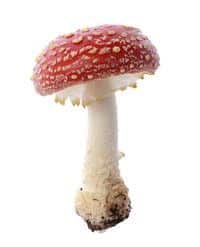NE states consider legalizing Psilocybin

Bills that could decriminalize psilocybin for therapeutic purposes are under consideration in several New England states.
Psilocybin is the primary psychoactive compound in magic mushrooms. Recent studies from Yale, Massachusetts General Hospital, Johns Hopkins and others have shown that, in a controlled therapeutic setting, psilocybin can be beneficial for a number of mental health issues such as post-traumatic stress disorder (PTSD), treatment-resistant depression, obsessive compulsive disorder (OCD), and alcohol and drug addiction.
Christopher Pittenger, MD, PHD, co-director of the Yale Program for Psychedelic Science, noted that while there is promising research evidence of psilocybin’s potential benefits, it is important to note that t...
Want to keep reading this article from New England Psychologist?
Login below or subscribe today to support independent journalism!
